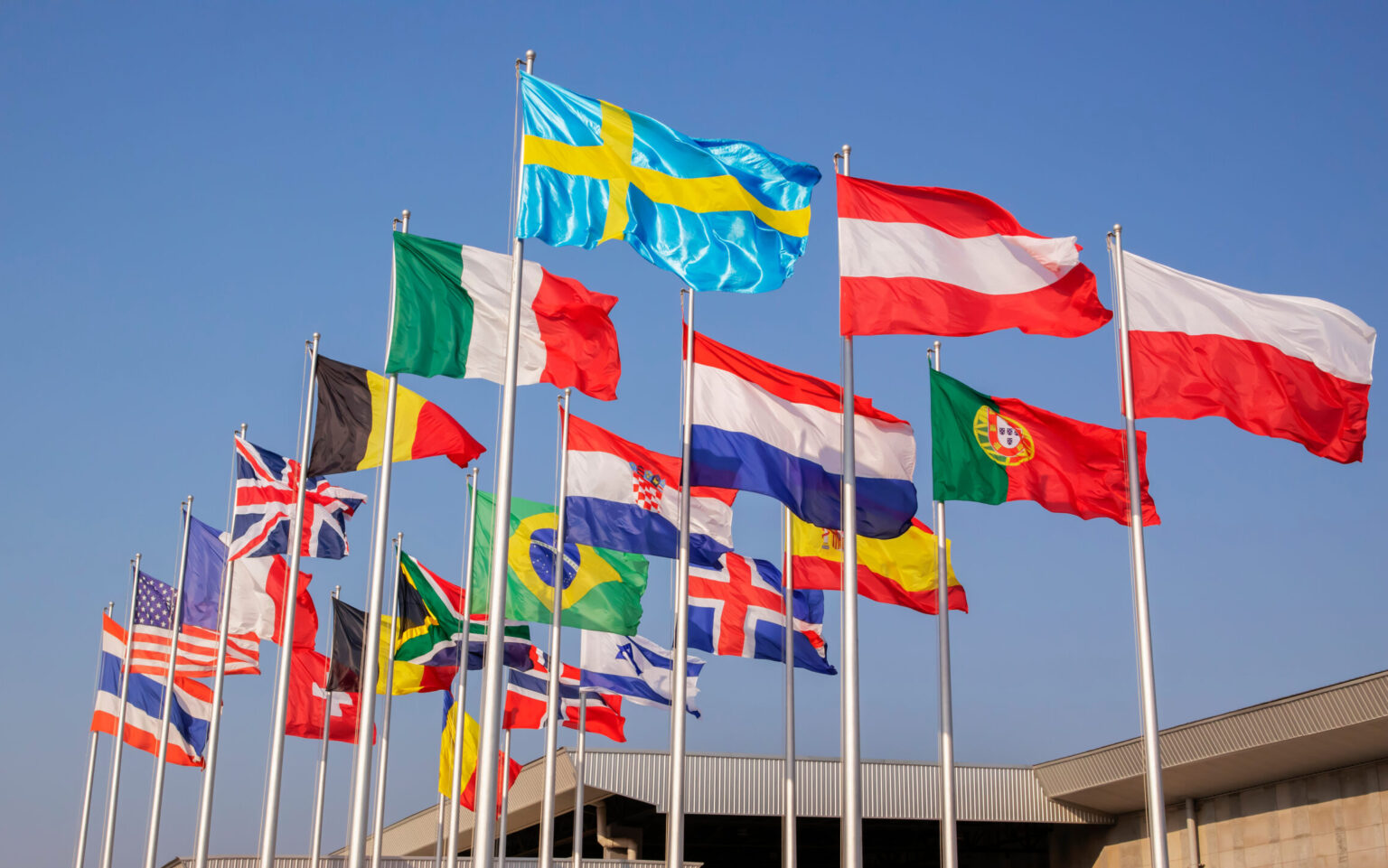CBI programmes differ from one country to the next, but the most common types of investment options usually fall into five main categories, which are:
1. Donations or contributions
Many countries grant citizenship to those who donate a minimum amount to a country’s economy. The donation option is usually the simplest and cheapest route to obtain citizenship, as, in some countries, the required amount starts at as low as $100,000. However, donations, by definition, mean that investors do not get their money back.
Donations are usually made to official funds, which the government uses to develop the country. In some cases, a government may create an ad hoc fund to combat a capital crisis or natural disasters, such as the St Kitts and Nevis Hurricane Relief Fund, which was a temporary route to citizenship with a lesser donation than the then normal Sustainable Growth Fund due to the country having to quickly rebuild after a devastating hurricane season.
2. Real-estate investments
Investing in real estate is one of the most popular routes to obtaining citizenship. Most countries have a real estate option, and many of them allow you to choose between either buying actual property or shares in luxury resorts.
Real-estate investments are cost-effective in the long run, as investors can resell their properties after a specific holding period set by the government. Investors can even profit from the property during the holding period by either renting it out or receiving dividends. The real-estate option is also attractive for larger families.
3. Government bonds/securities
A couple of countries give investors the option to buy government bonds or securities to obtain citizenship. Government bonds are considered a safer option but do not yield much profit.
Private securities, on the other hand, are higher risk but can achieve a higher return on investment.
4. Hybrid investments
This option is unique to Malta’s CBI Programme and requires you to invest in more than just one route. You’ll need to invest in real estate as well as donate to the government.
5. Establishing a business/job creation
A few countries offer you the chance to apply for citizenship through establishing a business. Some countries require you to invest a specific amount of capital in their business, while others grant citizenship based on the number of jobs a certain business has created and maintained for a set amount of years.








